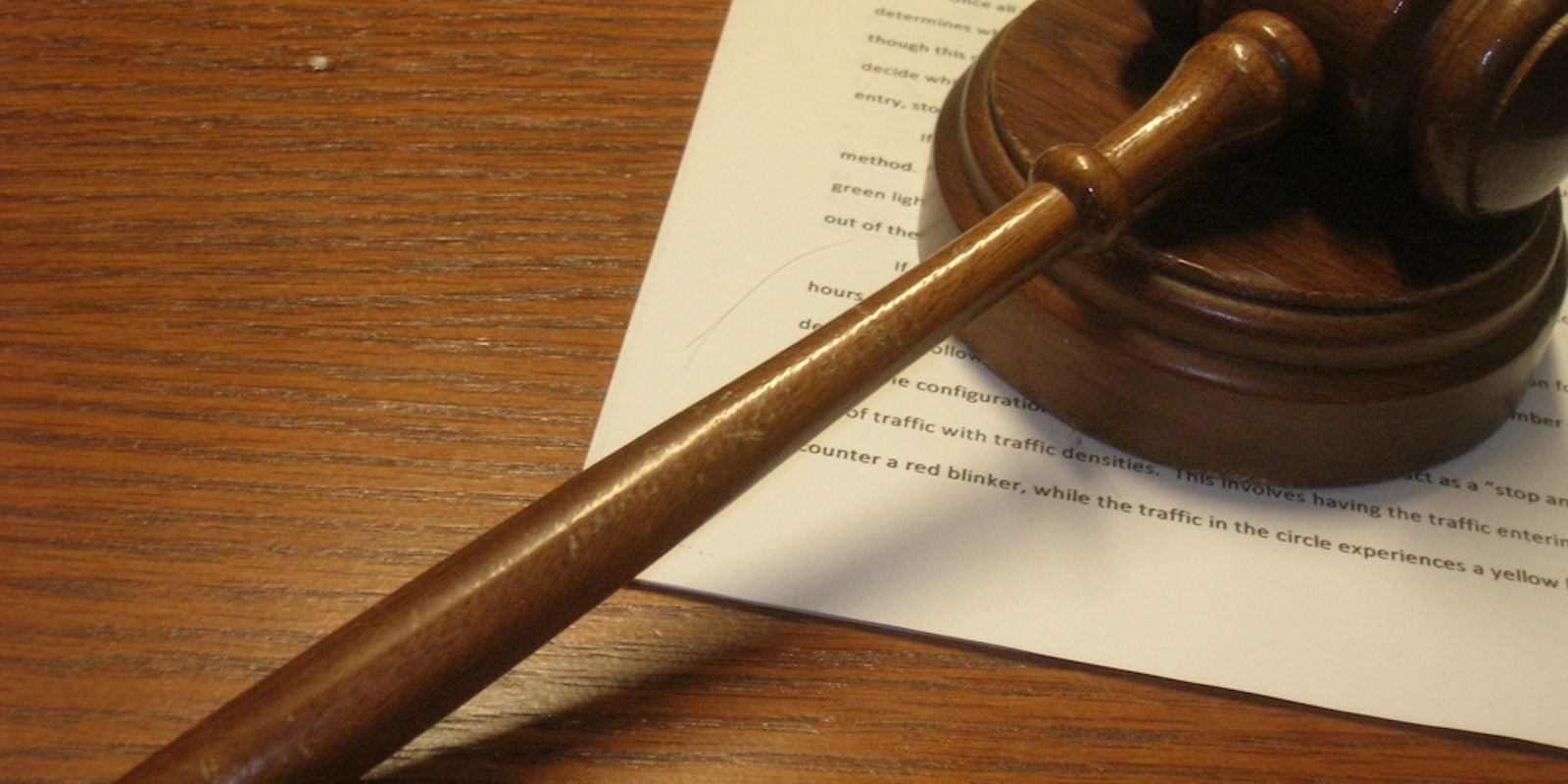Your private Facebook profile might not be so private after all.
At least, that’s according to U.S. District Court Judge William Pauley III, who ruled on Friday that investigators are allowed to look at your profile (even a private one) if one of your Facebook friends gives them permission, GigaOm reported.
Pauley ruled that once a Facebook user has posted information to his or her friends, those friends are free to do whatever they want with it—including turning it over to the government—without violating the Fourth Amendment’s provision against unreasonable searches and seizures.
And that’s exactly what a friend of Facebook user and alleged gangster Melvin Colon did in this case.
“Colon maintained a Facebook profile in which he permitted his Facebook ‘friends’ to view a list of all of his other Facebook ‘friends,’ as well as messages and photographs that Colon and others posted to Colon’s profile,” Pauley wrote in his ruling.
An informant who was Facebook friends with Colon gave police permission to view Colon’s private Facebook profile during an investigation. When they looked at the profile, it revealed vital information about about Colon’s life and possible threats and violent acts towards rival gang members.
“By that means, the Government learned, inter alia, that Colon posted messages regarding prior acts of violence, threatened new violence to rival gang members, and sought to maintain the loyalties of other alleged members of Colon’s gang,” Pauley continued.
The Facebook page gave police enough information to obtain a search warrant.
In his decision, the judge cited a prior court case which allows police to listen to a phone call without a warrant as long as one person on the call gives consent.
This ruling comes as the courts continue to struggle to define what the police can and cannot access on social media during an investigation.
Some are worried about how this will affect their privacy, while others say this is no different than showing someone else a letter you wrote to a friend.
The ruling may change what people are willing to post on their profiles, but here’s a simple rule: if you wouldn’t want your boss or your parents—or the police—to see the post, you probably shouldn’t post it.
Photo via steakpinball
